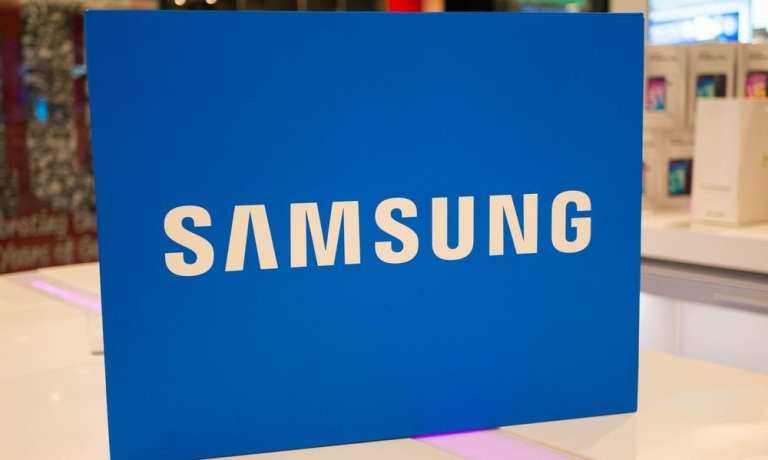Samsung Aims To Cash In On Huawei’s Struggles

Samsung Electronics is looking to take advantage of the United States’ recent ban on Huawei Technologies.
While Samsung has been struggling in the global network equipment market, its luck might be changing after the Trump Administration recently added the Chinese telecom company Huawei to a blacklist, which means it won’t conduct trade with the company, making it very difficult for Huawei to do business with companies in the United States.
“If the biggest player is having serious issues in all the major foreign markets . . . then naturally Samsung’s prospects will go up,” said Sanjeev Rana, a Seoul-based analyst with CLSA, according to The Financial Times.
The Huawei news also comes as Samsung is looking to boost its 5G business, with plans to increase its market share in the technology to 20 percent by 2020.
Research shows that Samsung had 2.5 percent of the telecoms equipment market last year, compared with Huawei’s 28.6 percent. Finland’s Nokia and Sweden’s Ericsson came in third and fourth place with 17 percent and 13.4 percent, respectively. Samsung has also gained from the local market after South Korea launched the world’s first 5G mobile service last month, with the company selling 50,000 base stations in the country, while Nokia shipped fewer than 5,000.
“Samsung has emerged as a key supplier in South Korea’s 5G rollout . . . the company will be keen to focus on the new technology to drive growth as it suffers from a slowing semiconductor and smartphone refresh cycle,” analysts at Fitch said.
And analysts said Samsung has accumulated about a 10 percent share in the equipment market for 4G networks, while also investing heavily in research and development, as well as registering patents and making strategic acquisitions for its growth in 5G.
“As of now Samsung is one of the key players. Their equipment is actually being used in 5G networks in [South] Korea, so there is a proven track record,” said Rana.